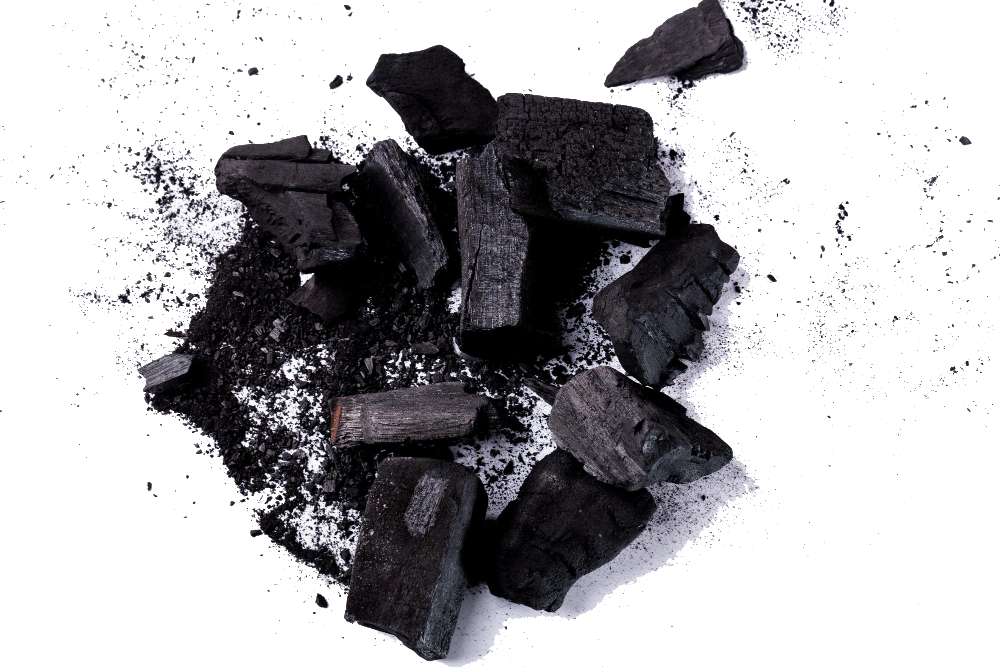
Granular Charcoal
Quality control measures are implemented throughout the production process to ensure that the granular charcoal meets the specifications for particle size distribution, porosity, and other performance characteristics.
The production of granular charcoal requires careful consideration of the source material, processing methods, and quality control to ensure that the resulting product meets the standards for its intended applications. Compliance with environmental regulations and sustainable sourcing practices for the raw material are also key factors to consider in granular charcoal production.




